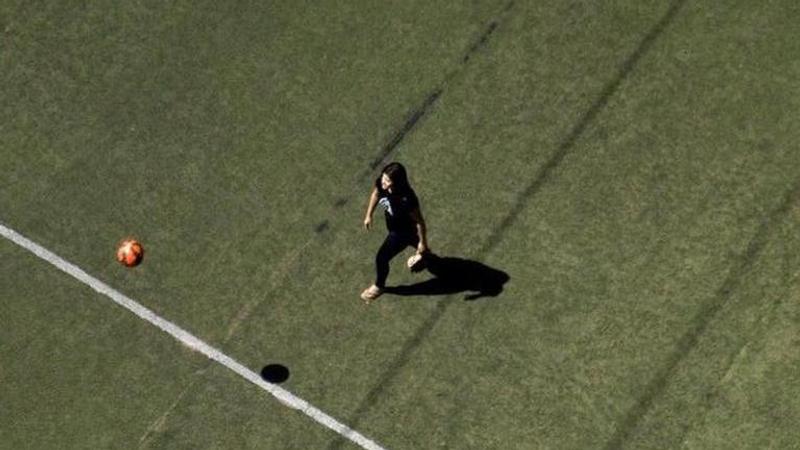Published 19:44 IST, April 20th 2020
Concern for players’ mental health with soccer shut down
Socially isolated, cut off from their teammates. Worried about when they will play again. Concerned about their finances and the future of their sport.

Socially isolated, cut off from their teammates. Worried about when they will play again. Concerned about their finances and the future of their sport.
The global union for soccer players has found its members are struggling with increased levels of anxiety and depression during the coronavirus pandemic that has shut down most leagues.
As clubs focus on keeping players fit during national lockdowns and faced with cost-cutting needs, FIFPRO is urging them not to neglect providing mental health provisions.
“If a club has to decide between having a second or third right back or a clinical psychologist within the medical team, you know which choice you are going to make, so it’s a kind of priority,” FIFPRO Chief Medical Officer Vincent Gouttebarge told The Associated Press on Monday. “Within the medical staff at any club, we know that the physical health of players is a main priority. But now we have enough objective data that show that mental health is as important as the physical health.
“We need to have an interdisciplinary medical team in place within clubs in order to take care of the mental health of the player.”
Reinforcing the need for clinical psychologists or psychiatrists to be made available to players is a survey led by FIFPRO of 1,602 professional players in Australia, Belgium, Botswana, Denmark, England, Finland, France, Ireland, Malta, the Netherlands, New Zealand, Norway, Scotland, South Africa, Switzerland and the United States.
It found 22% of female players and 13% of their male counterparts reported depression symptoms when asked in recent weeks, around twice as many as a separate survey with a smaller sample size of 307 players found in December and January.
The findings are only indicative of the mental health issues in soccer due to the small sample sizes and non-scientific polling.
“When you are not engaged with your family, with your teammates, then you have, of course, a decrease of social support and that is likely to lead to an higher rate of mental health symptoms,” Gouttebarge said. “The uncertainty about the end of competition and the uncertainty for the future in the football industry is obviously something that plays a role.”
Players have been away from their teams in most of the world for more than a month as governments try to contain the spread of the COVID-19 disease, although limited training has resumed in Germany.
Players will need several weeks to get match fit again before competitive games can resume. Europe’s major leagues are still trying to find a way of completing their seasons by extending beyond their usual endpoints around May and June.
“We have concerns on match congestion that might be related to resuming the competitions right now and trying to rush towards the end of the season,” Gouttebarge said. “The number of matches played within a few weeks and the very limited number of recovery days between matches.”
If UEFA’s optimistic planning allows the Champions League final on Aug. 29 -- three months later than originally scheduled -- next season could begin almost immediately in an attempt to recover lost time. With the 2020-21 season due to end for men with the rearranged European Championship, it could mean a lengthy continuous spell of competitive games.
“This season might be very long for many players, so this is a concern,” Gouttebarge said. “The international match calendar has been, of course, under scrutiny for quite a while. We need to find a good balance for players so that they can perform optimally without risk for musculoskeletal injury.”
Sufficient breaks will have to be provided to players while leagues try to fulfil television commitments, having lost several weeks without matches already.
“It’s of course, very important to provide players with sufficient time to have a proper recovery physically and mentally,” Gouttebarge said.
Updated 19:44 IST, April 20th 2020




